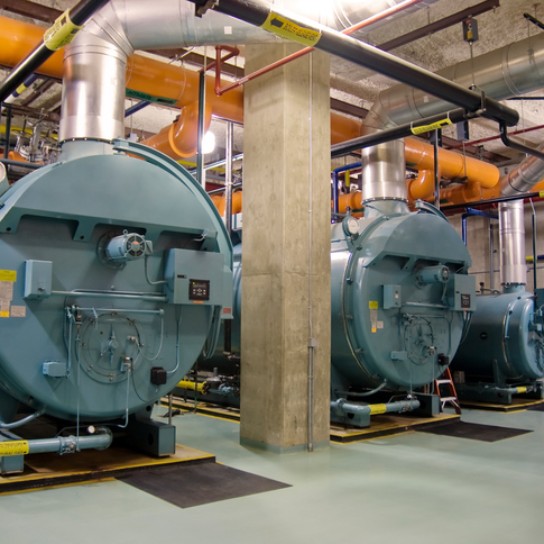Trends and Factors Influencing Polyacrylamide Prices in the Global Market Today
The Price of Polyacrylamide An Overview
Polyacrylamide (PAM) is a synthetic polymer widely used across various industries due to its exceptional properties, which include its ability to absorb water, enhance soil structure, and serve as a flocculant in wastewater treatment. As a result, the demand for polyacrylamide has surged in recent years, leading to fluctuations in its market price. Understanding the factors that influence polyacrylamide pricing is essential for businesses, consumers, and environmental professionals alike.
Market Demand and Supply Dynamics
The price of polyacrylamide is heavily influenced by supply and demand dynamics. Industries such as agriculture, wastewater treatment, and oil recovery are the primary consumers of PAM. In agriculture, polyacrylamide is often used to improve water retention in soil and support crop growth. The increasing global population and the subsequent demand for food production have driven up the consumption of PAM in agricultural applications.
Furthermore, the environmental regulations imposed on wastewater treatment processes have mandated the use of more effective flocculants. As governments worldwide tighten regulations to protect water resources, the demand for polyacrylamide in wastewater treatment continues to grow. This heightened demand inevitably puts pressure on supply chains, potentially leading to price increases.
On the other hand, production capacity also influences pricing. The cost of raw materials, production processes, and technological advancements in manufacturing facilities play a critical role. Fluctuations in the availability and price of these raw materials, especially acrylonitrile, can directly impact polyacrylamide costs. Moreover, any disruption in manufacturing—for instance, due to geopolitical tensions or natural disasters—can cause supply shortages, leading to price spikes.
Regional Variations in Pricing
polyacrylamide price

Polyacrylamide prices can vary significantly between regions due to factors such as local demand, production capabilities, and import/export tariffs. In regions where agriculture is highly intensive, such as North America and parts of Asia, the demand for PAM is usually higher, contributing to elevated prices. Conversely, in regions with less agricultural activity, demand may be lower, which can stabilize or reduce prices.
Additionally, the ability of a region to produce PAM locally can also influence pricing. Regions with established manufacturing infrastructure might offer more competitive prices compared to those reliant on imports. Trade agreements and tariffs can further complicate this landscape, affecting the overall pricing structure.
Future Trends and Prospects
Looking ahead, the price of polyacrylamide is likely to be influenced by several emerging trends. The global push for sustainability and eco-friendly solutions will continue to drive demand for PAM in various applications, from agriculture to clean water initiatives. Innovations aimed at developing biodegradable alternatives may also create competition, impacting prices.
Moreover, advancements in production technology could lead to reduced manufacturing costs, potentially lowering prices for consumers. However, any increase in environmental regulations related to production methods could counteract those benefits.
In conclusion, the price of polyacrylamide is a complex interplay of demand and supply, regional variations, and future market trends. Understanding these dynamics is crucial for all stakeholders, including manufacturers, suppliers, and consumers. As industries evolve and adapt to new challenges, keeping a close eye on the factors influencing PAM pricing will be essential for making informed decisions in a rapidly shifting market landscape.
-
Pbtc Scale InhibitorPBTC: A Scale Protector for Industrial Water TreatmentNewsAug.05,2025
-
Organic Phosphonate: An Efficient Defender in the Field of Scale InhibitionNewsAug.05,2025
-
Hydrolyzed Polymaleic Anhydride: Green Pioneer in Scale Inhibition FieldNewsAug.05,2025
-
PAPEMP Polyamino Polyether Methylene Phosphonic Acid For SaleNewsAug.05,2025
-
Flocculant Water Treatment: A Pioneer in Purification in the Field of Water TreatmentNewsAug.05,2025
-
Benzyl Isothiazolinone: An Efficient and Broad-Spectrum Antibacterial Protective GuardNewsAug.05,2025





